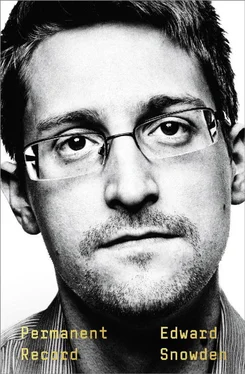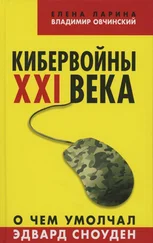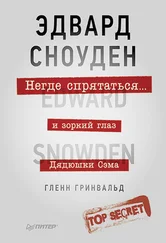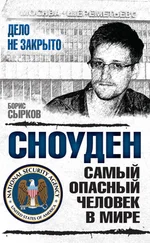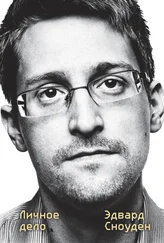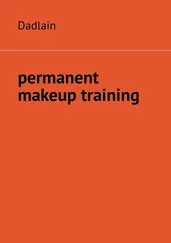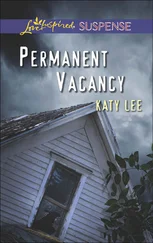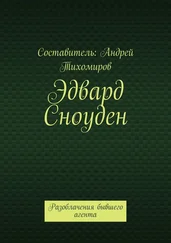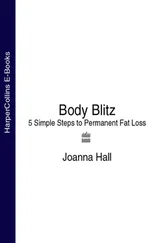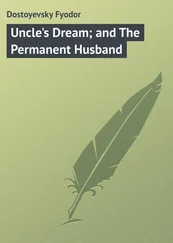A few dozen or so of the people best positioned to do this in the whole entire world were here—they were sitting all around me in the Tunnel. My fellow technologists came in every day and sat at their terminals and furthered the work of the state. They weren’t merely oblivious to its abuses, but incurious about them, and that lack of curiosity made them not evil but tragic. It didn’t matter whether they’d come to the IC out of patriotism or opportunism: once they’d gotten inside the machine, they became machines themselves.
Nothing is harder than living with a secret that can’t be spoken. Lying to strangers about a cover identity or concealing the fact that your office is under the world’s most top-secret pineapple field might sound like it qualifies, but at least you’re part of a team: though your work may be secret, it’s a shared secret, and therefore a shared burden. There is misery but also laughter.
When you have a real secret, though, that you can’t share with anyone, even the laughter is a lie. I could talk about my concerns, but never about where they were leading me. To the day I die I’ll remember explaining to my colleagues how our work was being applied to violate the oaths we had sworn to uphold and their verbal shrug in response: “What can you do about it?” I hated that question, its sense of resignation, its sense of defeat, but it still felt valid enough that I had to ask myself, “Well, what?”
When the answer presented itself, I decided to become a whistleblower. Yet to breathe to Lindsay, the love of my life, even a word about that decision would have put our relationship to an even crueler test than saying nothing. Not wishing to cause her any more harm than I was already resigned to causing, I kept silent, and in my silence I was alone.
I thought that solitude and isolation would be easy for me, or at least easier than it had been for my predecessors in the whistleblowing world. Hadn’t each step of my life served as a kind of preparation? Hadn’t I gotten used to being alone, after all those years spent hushed and spellbound in front of a screen? I’d been the solo hacker, the night-shift harbormaster, the keeper of the keys in an empty office. But I was human, too, and the lack of companionship was hard. Each day was haunted by struggle, as I tried and failed to reconcile the moral and the legal, my duties and my desires. I had everything I’d ever wanted—love, family, and success far beyond what I ever deserved—and I lived in Eden amid plentiful trees, only one of which was forbidden to me. The easiest thing should have been to follow the rules.
And even if I was already reconciled to the dangers of my decision, I wasn’t yet adjusted to the role. After all, who was I to put this information in front of the American public? Who’d elected me the president of secrets?
The information I intended to disclose about my country’s secret regime of mass surveillance was so explosive, and yet so technical, that I was as scared of being doubted as I was of being misunderstood. That was why my first decision, after resolving to go public, was to go public with documentation. The way to reveal a secret program might have been merely to describe its existence, but the way to reveal programmatic secrecy was to describe its workings. This required documents, the agency’s actual files—as many as necessary to expose the scope of the abuse though I knew that disclosing even one PDF would be enough to earn me prison.
The threat of government retribution against any entity or platform to which I made the disclosure led me to briefly consider self-publishing. That would’ve been the most convenient and safest method: just collecting the documents that best communicated my concerns and posting them online, as they were, then circulating a link. Ultimately, one of my reasons for not pursuing this course had to do with authentication. Scores of people post “classified secrets” to the Internet every day—many of them about time-travel technologies and aliens. I didn’t want my own revelations, which were fairly incredible already, to get lumped in with the outlandish and lost among the crazy.
It was clear to me then, from the earliest stage of the process, that I required, and that the public deserved, some person or institution to vouch for the veracity of the documents. I also wanted a partner to vet the potential hazards posed by the revelation of classified information, and to help explain that information by putting it in technological and legal context. I trusted myself to present the problems with surveillance, and even to analyze them, but I’d have to trust others to solve them. Regardless of how wary of institutions I might have been by this point, I was far warier of trying to act like one myself. Cooperating with some type of media organization would defend me against the worst accusations of rogue activity, and correct for whatever biases I had, whether they were conscious or unconscious, personal or professional. I didn’t want any political opinion of mine to prejudice anything with regard to the presentation, or reception, of the disclosures. After all, in a country in which everyone was being surveilled, no issue was less partisan than surveillance.
In retrospect, I have to credit at least some of my desire to find ideological filters to Lindsay’s improving influence. Lindsay had spent years patiently instilling in me the lesson that my interests and concerns weren’t always hers, and certainly weren’t always the world’s, and that just because I shared my knowledge didn’t mean that anyone had to share my opinion. Not everybody who was opposed to invasions of privacy might be ready to adopt 256-bit encryption standards or drop off the Internet entirely. An illegal act that disturbed one person as a violation of the Constitution might upset another person as a violation of their privacy, or of that of their spouse or children. Lindsay was my key to unlocking this truth—that diverse motives and approaches can only improve the chances of achieving common goals. She, without even knowing it, gave me the confidence to conquer my qualms and reach out to other people.
But which people? Who? It might be hard to remember, or even to imagine, but at the time when I first considered coming forward, the whistleblower’s forum of choice was WikiLeaks. Back then, it operated in many respects like a traditional publisher, albeit one that was radically skeptical of state power. WikiLeaks regularly joined up with leading international publications like the Guardian , the New York Times , Der Spiegel , Le Monde , and El País to publish the documents provided by its sources. The work that these partner news organizations accomplished over the course of 2010 and 2011 suggested to me that WikiLeaks was most valuable as a go-between that connected sources with journalists, and as a firewall that preserved sources’ anonymity.
WikiLeaks’ practices changed following its publication of disclosures by US Army private Chelsea Manning—huge caches of US military field logs pertaining to the Iraq and Afghan wars, information about detainees at Guantanamo Bay, along with US diplomatic cables. Due to the governmental backlash and media controversy surrounding the site’s redaction of the Manning materials, WikiLeaks decided to change course and publish future leaks as they received them: pristine and unredacted. This switch to a policy of total transparency meant that publishing with WikiLeaks would not meet my needs. Effectually, it would have been the same for me as self-publishing, a route I’d already rejected as insufficient. I knew that the story the NSA documents told about a global system of mass surveillance deployed in the deepest secrecy was a difficult one to understand—a story so tangled and technical that I was increasingly convinced it could not be presented all at once in a “document dump,” but only by the patient and careful work of journalists, undertaken, in the best scenario I could conceive of, with the support of multiple independent press institutions.
Читать дальше
